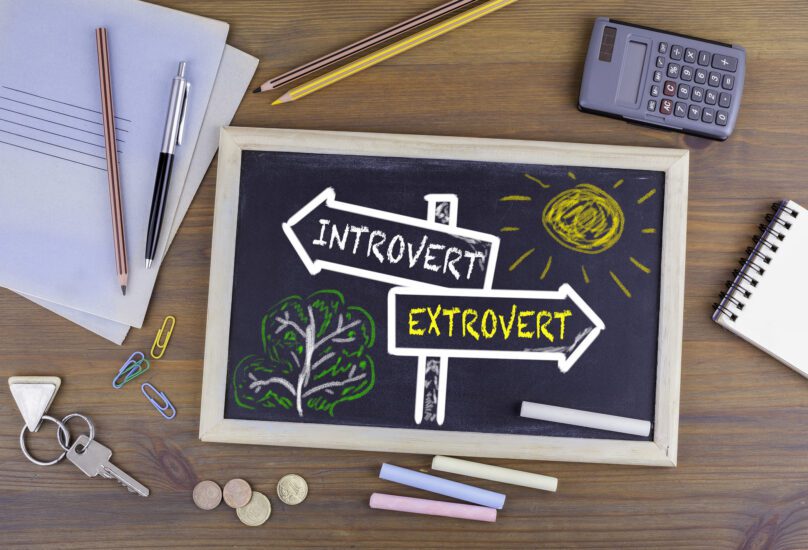When we think about our sociability, we tend to think in either/or terms, as we do with so many aspects of human psychology. In other words, the question always seems to boil down to whether we are introverts or extroverts. Well, a new study suggests that most of us are somewhere in between those poles, falling into a lesser-known category: ambiverts.
For young people, this can be an important question. Socialization can be a real challenge, but using binary labels can put people in a box, build unreasonable expectations or just plain increase stress because they might not fit. The truth, however, seems far more interesting — and holds out the possibility that young people may possess strengths they may not see.
According to a recent study, ambiverts can often possess the strengths of both extroverts and introverts. For instance, an ambivert would be able to talk to people as well as listen intently. The study found that ambiverts, contrary to popular perceptions, actually make the best salespeople:
“Grant’s research also disproved the powerful and widely held notion that the best-performing sales people are extroverts. He found that ambiverts’ greater social flexibility enabled them to outsell all other groups, moving 51 percent more product per hour than the average salesperson. Notice how sales increased as extroversion increased, peaking with those who were just moderately extroverted.”
Research has linked this aspect of sociability with the level of dopamine in the brain. People with higher levels of dopamine are receiving a higher degree of neurological stimulation, so they tend to be introverts — being less social helps them reduce the level of stimulation they receive. Extroverts on the other hand are just the opposite: with less dopamine in their brains, being under-stimulated leads to boredom and isolation.
The vast majority of people, however — around two-thirds of the population, according to the above-referenced study — do not fall into the either/or category. They can be outgoing or not, depending on the situation and their own state of mind.
So if you’ve always found you don’t quite fit either of the introvert/extrovert labels, you might simply occupy a different, more moderate point on the sociability spectrum.
More information on ambiverts: Don’t feel like an introvert or an extrovert? Try ambivert



